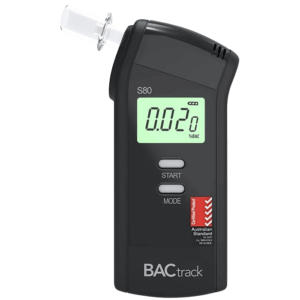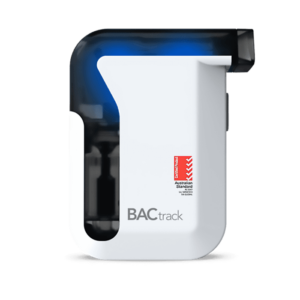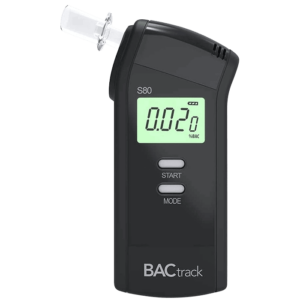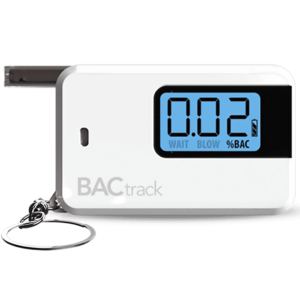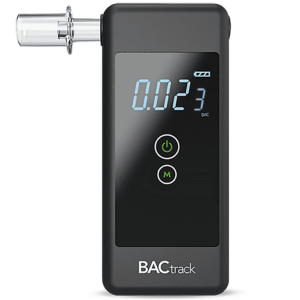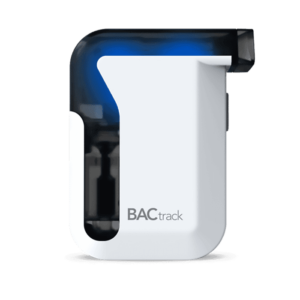Passing Alcohol Urine Test: Importance & Tips for Passing
04 March, 2024

Passing an alcohol urine test is important for meeting employment requirements, avoiding legal implications, and maintaining personal health. Factors that can affect test results include individual characteristics such as body weight, gender, age, and metabolism. Additionally, the amount and frequency of alcohol consumption can impact the outcome of the test. It is crucial to be mindful of these factors and make responsible choices to ensure a successful outcome on an alcohol urine test.
Many people drink alcohol occasionally because it helps them relax and feel more comfortable in social situations. However, excessive alcohol consumption can be dangerous and even life-threatening. This can lead to accidents and fatalities. Alcohol urine tests are useful in different situations, such as employers checking for substance misuse among employees. This article will discuss the process of passing a urine alcohol test, including its significance, influencing factors on results, and natural methods for passing the test.
Importance of Passing an Alcohol Urine Test
Passing an alcohol urine test holds significant importance for meeting employment requirements. Many workplaces mandate alcohol testing to ensure a safe and productive environment. Failing such a test can jeopardise job prospects and hinder career advancement. Therefore, passing the alcohol urine test is crucial for those applying for or in safety-sensitive positions.
In addition, legal implications underscore the importance of passing a urine alcohol test. Driving Under the Influence (DUI) laws, for instance, penalise individuals with elevated blood alcohol levels. Failing an alcohol urine test can lead to legal consequences such as heavy fines, licence suspension, or even imprisonment. By passing the test, individuals avoid legal troubles and uphold compliance with regulatory standards.
Furthermore, personal health and well-being are directly impacted by the results of alcohol urine tests. Excessive alcohol consumption can lead to various health conditions, including liver failure, cardiovascular problems, and mental health issues. Healthcare professionals often use urine alcohol tests to monitor alcohol intake and intervene when necessary. Passing the urine test can also help avoid the adverse effects of alcohol consumption, such as poor judgment and an increased risk of accidents.
Understanding How the Body Processes Alcohol
- The human body absorbs alcohol mainly through the small intestine.
- Once it absorbs alcohol, the bloodstream quickly spreads it throughout the body.
- The liver processes alcohol by metabolising it into different byproducts.
- Liver enzymes break down alcohol into acetaldehyde, a toxic substance.
- Acetaldehyde then gets further broken down into acetic acid, which turns into water and carbon dioxide.
- The liver can only handle a certain amount of alcohol per hour, usually around one standard drink.
- Excess alcohol that surpasses the capacity of the liver stays in the bloodstream, affecting the brain and other organs.

Factors That May Affect Passing an Alcohol Urine Test
When it comes to passing an alcohol urine test, several factors can affect the test results. Firstly, the amount and frequency of alcohol consumption. The greater the alcohol consumption and frequency of drinking, the likelier urine tests will detect alcohol metabolites in the sample.
Secondly, individual characteristics, such as body weight, tolerance, metabolism, gender, and age. All of these attributes can affect how quickly the body metabolises alcohol. For example, individuals with a higher body mass may process alcohol more slowly, resulting in a longer detection period. Similarly, individuals with a higher body fat percentage may also metabolise alcohol more slowly. Moreover, some diseases or medical conditions can cause false positive results in alcohol urine tests.
Lastly, the time elapsed since the last consumption. Generally, the body processes alcohol at a rate of around one drink per hour. This means that it will take approximately one hour for the body to metabolise one alcoholic drink. As a result, the longer the period of time between alcohol consumption and testing for alcohol in the urine sample, the lower the possibility that the test will detect the presence of alcohol or its metabolites.
Body Weight and Metabolism
Body weight significantly influences the rate at which the body metabolises alcohol. Individuals with higher body weights generally possess greater blood volumes. This increased blood volume dilutes the concentration of alcohol, leading to a slower metabolism rate. Consequently, people with higher body weights need more time for their liver to process alcohol.
Metabolism is another crucial factor. It refers to the biochemical processes that occur within the body to convert food and drinks into energy. People with a faster metabolism tend to break down substances more efficiently, including alcohol. This means that individuals with a high alcohol metabolism rate process alcohol at a quicker pace.

Tips for Passing an Alcohol Urine Test
Passing an alcohol urine test is possible by following a few simple steps. Firstly, avoid alcohol altogether. Alcohol abstinence is crucial to ensure that no exposure to alcohol could potentially be detected in the urine. By refraining from consuming alcoholic beverages, they eliminate the chance of having any traces of alcohol in their urine.
Secondly, staying hydrated. Drinking plenty of water helps flush out the toxins from the body and dilutes the urine. This can help to reduce the concentration of alcohol in the urine. It is advisable to drink sufficient amounts of water throughout the day leading up to the test to ensure proper hydration.
Thirdly, eating fibre-rich foods is beneficial. Fibre helps promote healthy digestion and can aid in eliminating toxins from the body. Foods such as fruits, vegetables, and whole grains are good sources of fibre. They should be included in the diet leading up to the test. By following these simple steps, the person can naturally pass the urine alcohol test.
Treatment Solutions
Medication-Assisted Treatment (MAT) is one approach to help individuals battling Alcohol Use Disorder (AUD). Medications like naltrexone, acamprosate, and disulfiram can aid in reducing cravings and withdrawal symptoms, making the journey to recovery smoother. These medications work by altering brain chemistry, making it easier for individuals to abstain from alcohol.
Counselling and therapy also play a crucial role in treating AUD. Through individual or group sessions, individuals can address the underlying factors contributing to their alcohol misuse. Therapists provide support and teach coping mechanisms to manage cravings and symptoms of withdrawal. Rehab programs offer structured environments where patients can focus on their recovery without distractions.
Conclusion
In conclusion, passing an alcohol urine test is vital for various reasons. For employment, it ensures job security and career progression by meeting workplace requirements. Avoiding legal issues, like fines or imprisonment due to DUI laws, is another critical aspect. Moreover, it promotes personal health by preventing alcohol-related illnesses and accidents. However, several factors influence test results, including alcohol intake, individual characteristics, and timing after consumption. Understanding these factors helps individuals prepare better for such tests.
Preparation to pass a urine test involves abstaining from alcohol, staying hydrated, and eating fibre-rich foods. These steps help to eliminate alcohol traces from the body and dilute urine. On the other hand, for individuals battling AUD, treatment solutions like MAT and counselling are vital. Medications such as naltrexone, acamprosate, and disulfiram help reduce cravings and withdrawal symptoms, while therapy addresses underlying issues. Rehab programs provide structured support for recovery. By combining these approaches, individuals can overcome AUD.



















